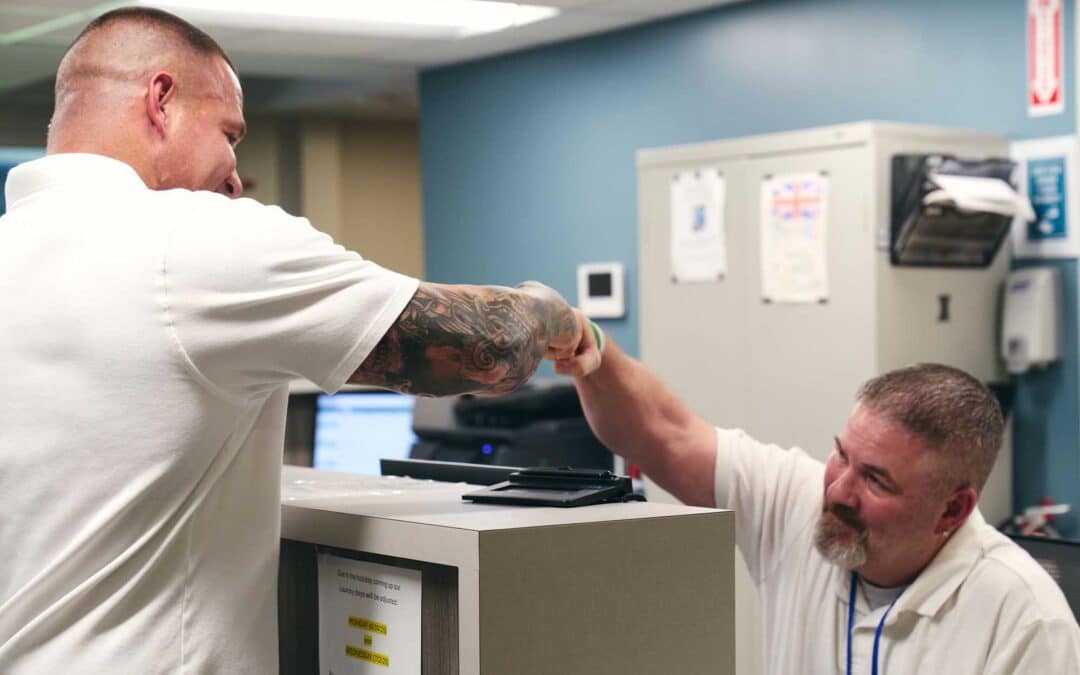The term detoxing is popular these days. People go on detox diets, drink beverages that purport to detox the body, and use products that claim to promote detoxification. But what does the term detoxification mean in the context of substance abuse and addiction, and how is that different from the current trend? It can be helpful to define some terms around this topic in order to reduce confusion and promote understanding. Many people are struggling with substance abuse or addiction and trying to make sense of these terms. In such cases, it is useful to separate wellness-related detox products from topics related to medically-supervised drug detox.
What Is Detoxification and How Does It Work?
In its simplest form, detoxification is the process by which the body is cleared of toxins. A toxin is any substance that is harmful to the body, whether it is a drug, a pollutant, or another type of substance. The body is well-equipped in most cases to clear toxins on its own, but there are some cases in which the body cannot properly perform this function. For example, with alcohol detoxification, a person may have a few drinks one evening and then not drink for several weeks. In such cases, the liver and kidneys will be able to filter the toxins that alcohol consumption creates with few problems. However, if a person drinks daily or drinks far too much in one sitting for the body to handle, the liver and kidneys will have a hard time clearing the toxins.
When toxins sit around in the body, they can cause damage to the parts of the body they encounter. Over time, this kind of damage can cause severe and even permanent problems. In order to allow the body to perform its proper functions and clear harmful substances from itself, the person has to stop ingesting the harmful substances.
What Is a Medically-Supervised Detox Program?
As mentioned previously, in order to allow the body to remove toxic substances such as drugs or alcohol, the person has to stop putting those substances into their body. However, it usually isn’t as simple as just stopping drugs or drinking. Most people need care and treatment to help them stop, which is the purpose of a medically-supervised detox program. Even though the body will clear the toxins on its own, given enough rest and time, a detox program can help make that process more comfortable. It can also provide the support a person needs to quit taking drugs or drinking alcohol successfully.
What Happens During Drug Detox in a Medically-Supervised Program?
When a client enters a drug or alcohol detox program, usually there are several things that will happen:
- The staff at the treatment center will assess the client’s needs to help determine what the appropriate course of treatment will be.
- Medical and therapeutic care team members will monitor the client around the clock to ensure that the client is able to manage the detox process well.
- If the client is uncomfortable or experiencing severe symptoms, medical staff will administer appropriately controlled medications to relieve the client’s symptoms.
- The client will participate in therapeutic activities such as counseling sessions, group therapy, and alternative treatments.
Start Detox with Liberty Health Services
If you or a loved one wants to quit using drugs or drinking alcohol but are concerned about the process of detoxing, reach out to a drug and alcohol detox program or treatment center near you. If you are near Nashua, New Hampshire, contact our caring and compassionate staff at Liberty Health Services at 855.959.4521. We are committed to helping our clients heal from addiction and stay in recovery.


